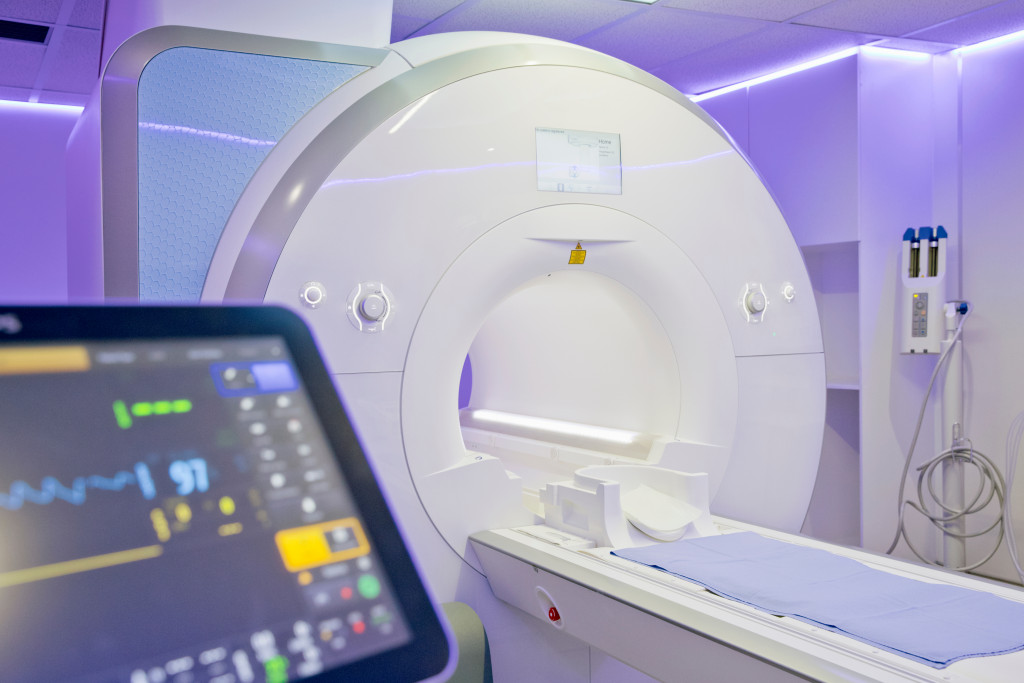All women should have regular health screenings to help detect any potential health problems. Some of the most common screenings include mammograms, Pap smears, and pelvic exams. Women should talk to their doctors to determine which screenings are best for them. These screenings are essential for all women as they can help catch any possible health issues early on and allow for early treatment. So if you’re a woman, make sure to schedule regular health screenings and talk to your doctor about which ones are right for you.
Ten health screenings all women should have:
1. Mammograms
Mammograms are X-rays of the breast that can help detect breast cancer. The American Cancer Society recommends that women age 45 and older have a mammogram every year. Women who are at high risk for breast cancer may need to have more frequent mammograms. Mammogram screenings can help catch any potential issues early when they are most treatable. It’s essential for all women to talk to their doctor about whether they should have a mammogram.
2. Pap Smears
Pap smears are screenings that check for changes in the cells of the cervix, which is the lower part of the uterus. Pap smears can help detect cervical cancer or precancerous changes in the cervix cells. Pap smear screenings can also be combined with HPV testing, which involves testing for high-risk types of HPV that can cause cervical cancer.
3. Pelvic Exams
A pelvic exam is a physical examination of a woman’s reproductive organs. This can help to detect any problems with the ovaries, fallopian tubes, or uterus. A Pap smear, which is a test for cervical cancer, can also be done during a pelvic exam. Pelvic exams are typically recommended for women over the age of 21. Pap smears are usually recommended every three years for women of average risk, but women at high risk may need to have them more often.
4. Bone Density Test
A bone density test is a type of X-ray that measures the mineral content of bones. It is used to detect osteoporosis, which is a condition that causes bones to become weak and break easily. Bone density tests are recommended for women over the age of 65.

5. Breast exams
Breast exams are physical examinations of the breasts to check for lumps or other changes. A doctor or nurse typically does them. Breast self-exams, in which women check their breasts for any changes, are also recommended.
6. 3D Sonograms
3D sonogram scans are ultrasounds that create 3D images of the fetus and placenta while a woman is pregnant. It can help doctors detect potential health problems with the fetus or monitor growth. Sonograms are typically recommended for women who have high-risk pregnancies.
7. Blood Pressure Test
A blood pressure test is a simple test that measures the force of blood against the walls of arteries. High blood pressure can lead to many health problems, including heart disease and stroke. Blood pressure that is consistently above 140/90 mmHg is considered high. Remember to talk to your doctor about getting regular blood pressure tests, as high blood pressure often has no symptoms.
8. 3D Ultrasounds
3D ultrasounds are particular types of imaging that allow doctors to see 3D images of internal organs and structures. 3D ultrasounds can be used to help diagnose many health problems, including abnormalities in the uterus or ovaries, or to monitor the growth of a fetus during pregnancy.
9. Cholesterol Test
A cholesterol test measures the levels of LDL (low-density lipoprotein) and HDL (high-density lipoprotein) cholesterol in the blood. LDL cholesterol is often referred to as “bad” cholesterol because it can build up in the arteries and lead to heart disease. HDL cholesterol is often referred to as “good” cholesterol because it helps remove LDL cholesterol from the streets.
10. Diabetes Test
A diabetes test measures the level of sugar in the blood. High sugar levels in the blood can lead to diabetes, a condition that can cause many health problems, including heart disease, kidney failure, and nerve damage. Talk to your doctor to determine what screenings are proper for you. Also, remember to get regular screenings for any health problems that run in your family. Early detection is key to living a long and healthy life!
Conclusion
All women should be aware of the different health screenings available and talk to their doctor to determine which ones are right for them. These screenings can help detect any potential health problems and allow for early treatment. Whether you are in your 20s or your 60s, it is important to maintain a healthy lifestyle and stay on top of your health screenings.



